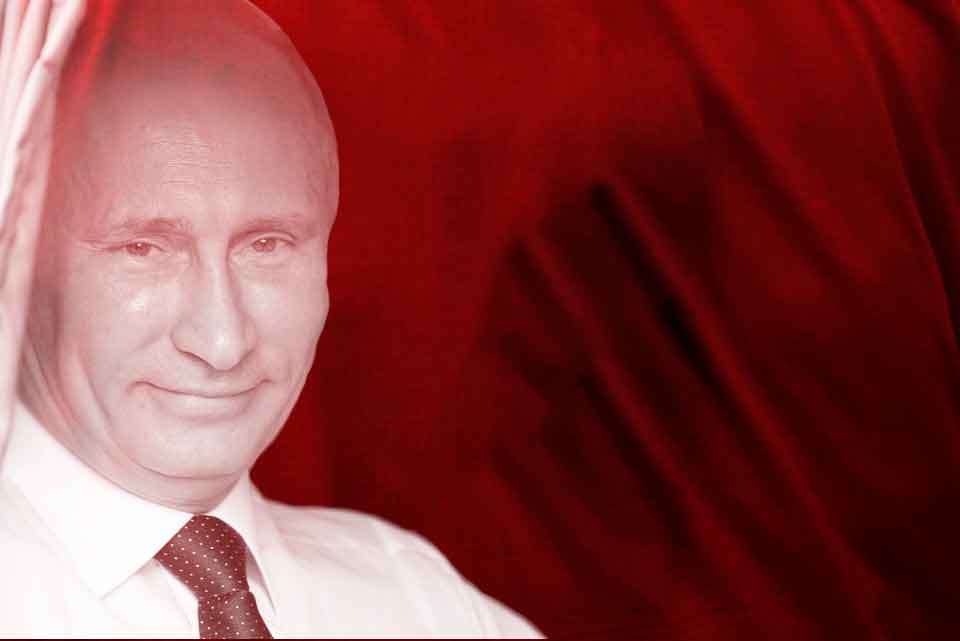By Fiona Hill
 This assessment of Russian President Vadimir Putin was written by Fiona Hill, at the time a senior fellow and director of the Center for the United States and Europe at The Brookings Institution; it was originally published in April 2016. Approximately a year later, Hill joined the Trump administration as the deputy assistant to the president and senior director for Europe and Russia on the National Security Council staff. Her research on and views of the Russian president seem especially relevant now, in the run up to the Helsinki meeting between Putin and Trump scheduled for July 16.
This assessment of Russian President Vadimir Putin was written by Fiona Hill, at the time a senior fellow and director of the Center for the United States and Europe at The Brookings Institution; it was originally published in April 2016. Approximately a year later, Hill joined the Trump administration as the deputy assistant to the president and senior director for Europe and Russia on the National Security Council staff. Her research on and views of the Russian president seem especially relevant now, in the run up to the Helsinki meeting between Putin and Trump scheduled for July 16.
— John Mecklin, editor in chief
Putin’s Russia is a one-man show. Yes, Putin has around him a group of associates (“cronies” as they are often called) whose relationships extend back decades – in St. Petersburg, where Putin grew up, studied, first joined the KGB, and became deputy mayor; in Moscow, where Putin moved in 1996 and began his ascent toward the presidency; and in Dresden, in the former East Germany, where Putin was posted by the KGB in the 1980s. But this group of men (they are all men) does not represent the kind of “old-boy” network most are accustomed to. Putin’s is a “one-boy” network.” He may listen to the counsel of his friends or not. We do not actually know. The circle is extremely narrow and difficult to penetrate, even for supposed Russian political insiders. What we do know is that there is no oligarchy or separate set of economic, business, or political interests that compete with Putin. In the end, he makes the decisions.
No comments:
Post a Comment